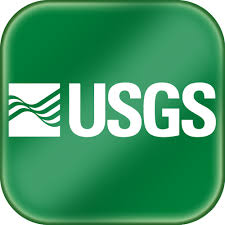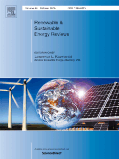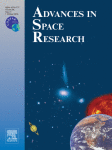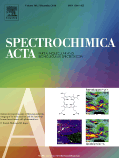 A U.S. Congressional subcommittee is investigating two cases of fraud affecting one Colorado lab run by the U.S. Geological Survey (USGS).
A U.S. Congressional subcommittee is investigating two cases of fraud affecting one Colorado lab run by the U.S. Geological Survey (USGS).
The misconduct occurred in two separate cases, taking place between 1998 and 2014. We covered the most recent incident, in which a chemist doctored data in up to 24 projects supported by more than $100 million in federal funding.
A letter from the Committee on Natural Resources’ Subcommittee on Oversight and Investigations to USGS director Suzette Kimball details another incident that took place in the Energy Resources Program (ERP) Geochemistry Laboratory in Lakewood, Colorado, in which another worker manipulated data for more than a decade.
The letter notes that, although the incidents were reviewed by the Department of the Interior (DOI) Scientific Integrity Review Panel and its Office of Inspector General (OIG): Continue reading U.S. Congress investigating misconduct at Colorado geochem lab





 Climate scientists from the U.S. Department of Agriculture have withdrawn a study they wrote under eyebrow-raising pseudonyms.
Climate scientists from the U.S. Department of Agriculture have withdrawn a study they wrote under eyebrow-raising pseudonyms.

